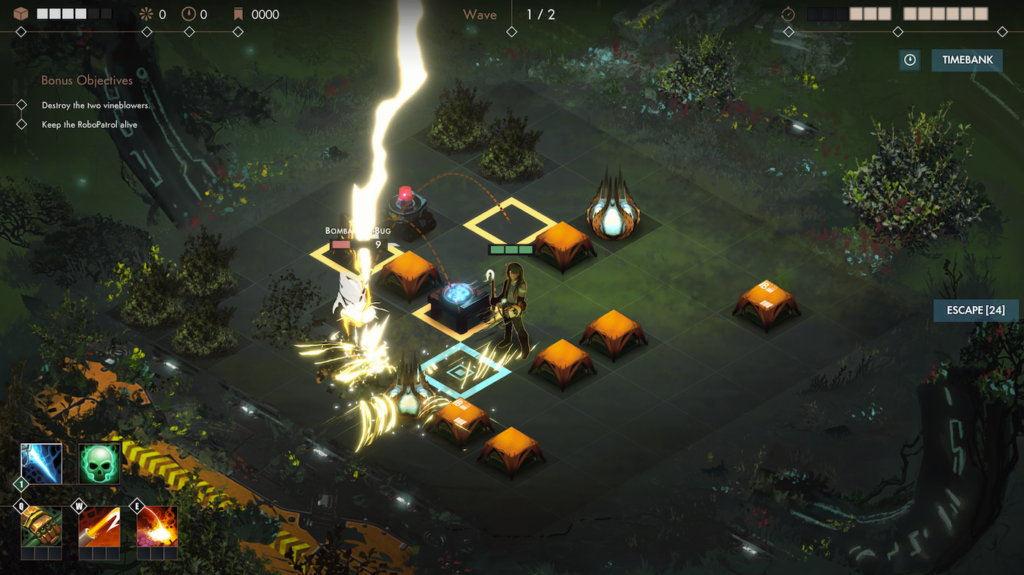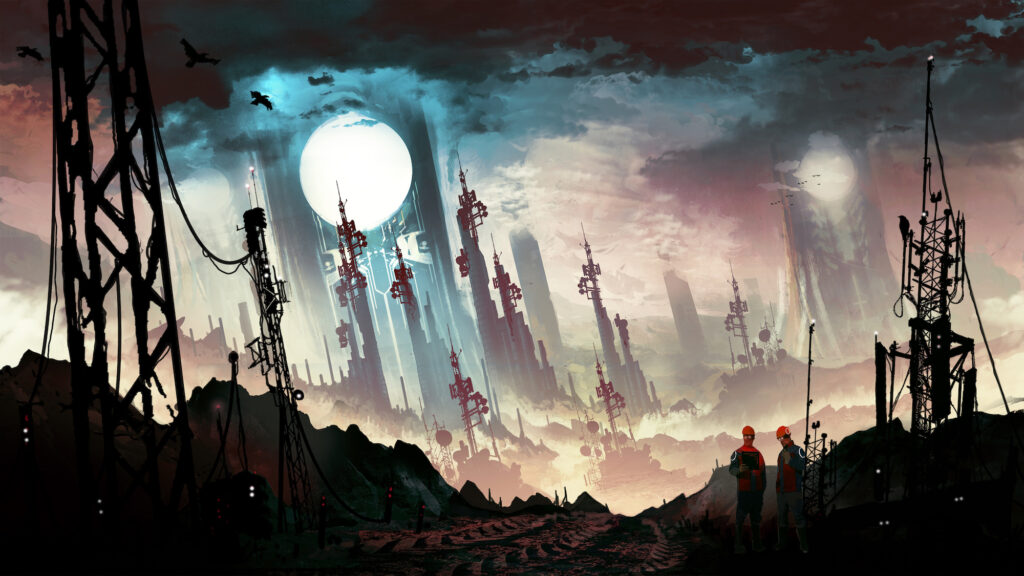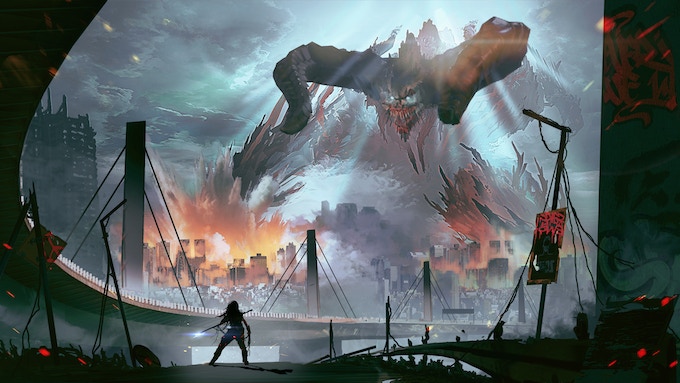One day, Rutger van Dijk was riding the subway home after work when he realized he was not chasing his childhood dreams. He had been developing little games as a hobby for over two decades, but it took a pandemic to give him that final push. “Understanding that a game wasn’t going to build itself, I quit my job and just went for it.” He spent two years building Oakenfold after a successful Kickstarter campaign got him part of the necessary funds.
The game launched in November last year (and the Mac version last month) but unfortunately failed to find an audience. Van Dijk was so focused on finishing the game that he really did not think of a marketing plan: “I was just so busy with actually building a game and proving myself I could do it.” It turned out to be a tough lesson. “Sadly, financially I can’t keep the solo dev dream going for now – so it’s a lesson I had to learn the hard way.” But Van Dijk is not giving up on his dream. “I definitely hope to do another game some day, but first… I have to rebuild that bankroll to finance it.”
Why did you become a solo developer?
“I’ve been developing games as a hobby for about 20 years and I’ve always enjoyed the smaller projects where I had a lot of autonomy. One day I was sitting in the metro back from my day job at a bank and I remembered I had not fulfilled my childhood dream. So, realizing that the game wasn’t going to build itself, I quit my job and just went for it.”
What are the biggest advantages of working solo?
“There is very little time wasted with communication. And of course, you can do whatever you want to.”
And the biggest pitfalls?
“Restraining yourself can be tough. That feature that seems so amazing, who is going to stop you from wasting too much time on it? You really have to be honest with yourself and set yourself a realistic scope.”
What’s your creative process?
“I tend to pace back and forth through my apartment whilst mumbling to myself. Haha, most of the time it gets the job done, but luckily I have a couple of good gaming friends that are willing to listen to my ramblings and give me some solid feedback.”

How do you stay motivated through (years of) development?
“That’s a tough cookie, there will definitely be times where you feel like throwing it all away. But somehow, writing code and seeing everything come alive keeps it amazing every time. Celebrate the little victories and always remember, take it one ticket at a time.”
Will you ever work in a team or is it only solo for you?
“I would love to work in a smaller team. In the end, some disciplines you’re better at than others. For me, coding really is my thing. So having some amazing individuals taking on the vfx, art, sfx and music would be a definite plus.”
Oakenfold is your debut game. What’s the biggest lesson learned from this project?
“Two lessons. The first one, you really can do anything you set your mind to. Only thing you have to do is commit and persist. And if you’re interested in staying in the industry, the second one would be: have a plan for your marketing. I really did not. I was just so busy with actually building a game and proving myself I could do it. But once I neared completion, I regretted not having looked into getting a publisher. Sadly, financially I can’t keep the solo dev dream going for now – so it’s a lesson I had to learn the hard way.”

What are your next plans now?
“After giving myself a couple of months of downtime (very important!), I am now looking at any game project in development to join. I’m open to any opportunities! I definitely hope to do another game from the ground up some day, but first… got to rebuild that bankroll to finance it.”
The toll on your mental health can be quite high as a solo developer. How do you deal with that?
“It definitely can be. That one major bug you just can’t fix. Not knowing what decision will lead to the most fun. Just the uncertainty of things. The most important realization is that you can’t do more than one thing at a time. Just take it step-by-step, ticket-by-ticket and day-by-day. You will get there in the end!”

